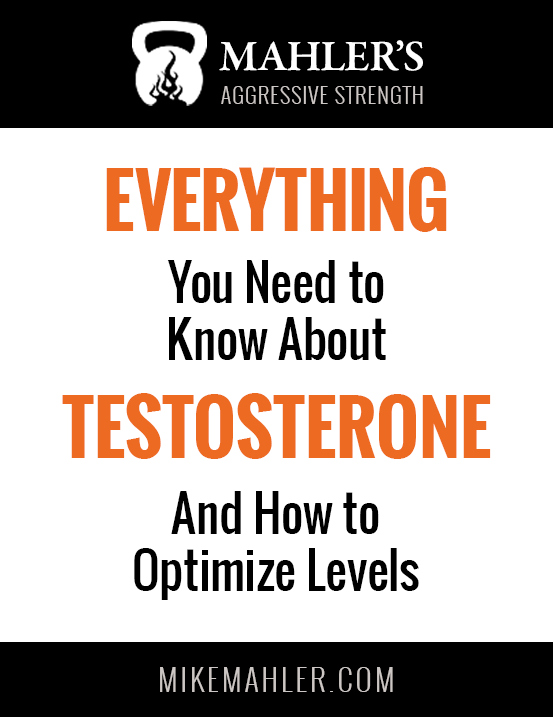- Cortisol is an anti-inflammatory, anti-stress, hormone made by the adrenal glands.
- We can’t live without cortisol and we will cannibalize other hormones such as testosterone, DHEA, pregnenolone, and progesterone to make cortisol if necessary.
- With low levels, your stress management abilities are poor as cortisol helps the body respond rapidly and productively to stress.
- Increases appetite, increases energy levels, improves digestion, improves joint health, addresses inflammation and pain.
- Regulates glucose, protein, and lipid metabolism
- Mitigates allergies and fever, and strengthens the immune system.
- Important for joint health
- When you are under a great deal of stress, cortisol will make the heart beat faster, increase blood pressure, and augment blood sugar levels to provide strength and energy.
- According to Charles Poliquin, an optimal DHEA to cortisol ratio is a strong indicator of anabolism.
Signs of high cortisol levels
- Sick often from a weakened immune system
- Excess stomach fat
- High blood pressure
- Insomnia
- Inability to relax
- Anxiety
- Loss of appetite
- Low sex drive and function
- Stressed easily
- Anger issues
Signs of low cortisol levels
- Hair loss
- Very low blood pressure
- Joint pain
- Skin issues such as eczema, psoriasis, hives, hyperpigmentation
- Flu-like fatigue
- Intense cravings for sugar and salt
- Inability to handle stress
- loss of appetite
- A feeling of being dazed and confused
- nausea
- gut issues
- Allergies
- Asthma
- rheumatoid arthritis
Quality sleep is crucial for cortisol production and an optimal cortisol curve (higher in the morning lower in the evening)
Addressing high cortisol levels
- Quit a job you can’t stand and have no passion for
- Get out of toxic relationships
- Pomegranate lowers cortisol by a third Pomegranate and cortisol
- Eating quality nutrition every four hours so the body has a steady supply of fuel to operate optimally
- Vitamin C at one gram post workout
- Phosphatidylserine at 600-800mg post workout or before bedtime reduces cortisol production
- Theanine at 500mg to 2 grams reduces cortisol and helps with relaxation
- Magnesium 400-800mg post workout and or before bedtime Recovery oil
- Systemic Enzymes lower the need for inflammation and in turn lower the subsequent cortisol response. 2-5 caps 3x per day of Restorezyme
- Adaptogens such as Rhodiola Rosea, Ashwagandha, Maca, Siberian Ginseng, increase stress reserves and reduce the need for cortisol
- Progesterone cream at 10mg 3x per day. Cortisol is made from progesterone.
- Mediation 30 minutes per day. I use the Holosync program
- 7-9 hours of deep sleep
- Massages
- Relaxing in a sauna and or jacuzzi
- Intense training kept under forty-five minutes increases anabolic hormones and reduces adrenaline and in turn cortisol.
Addressing low cortisol levels
- Take Licorice (Metagenics Licorice Plus) 1 cap in the morning and afternoon to rest cortisol curve
- Panax Ginseng Ginsenoside 12% https://www.amazon.com/Fermented-Korean-Ginseng-Liquid-Extract/dp/B01MQP1A3M/ref=sr_1_4?keywords=12%25%2BGinsenoside&qid=1550438888&s=gateway&sr=8-4&th=1 100mg 1-2 times per day
Reference Ranges
Men and women
7am to 10am 6.2 to 19.4ug/dl optimal number 12.8ug/dl
4pm to 8pm 2.3 to 12.3ug/dl median 7.4 ug/dl

